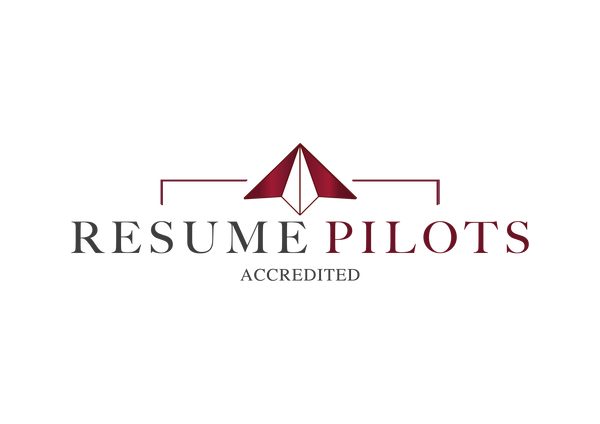
Ten Things That Never Belong on a Resume
Be Sure to Remove These Elements From Your Resume Immediately!
Before you submit your resume, review this list of ten things that should never appear on an executive resume.
While many of these points may seem obvious, you’d be surprised at what we often see on documents that come across our desk!
Include any of these elements, and you place yourself at risk of being eliminated from the applicant pool.
1) Photo
Do not include a photo on your resume.
It can put some recruiters off, and those who are particularly curious about what you look like will hop on LinkedIn to find out (or even Facebook or Instagram – you never know!).
2) Personal Details
If you're applying to jobs in the US, you should not include personal details such as your:
- Birthday
- Religion
- Marital Status
- Driver's License
- Passport
Such details open the door to potential discrimination, so hiring managers often decide to simply pass on resumes that include them.
3) Unprofessional Email Address
We all have embarrassing email addresses from the '90s, but save these for your personal use.
Your email address should be simple and professional.
Some version of FirstName.LastName@gmail.com will suffice.
AOL, Hotmail, MSN, and Yahoo email addresses may raise questions about your tech-savviness, so we recommend avoiding them as well.
4) First-Person Writing
Your resume should be written in the third person.
This style is the conventional resume writing standard.
It will also cut down on the number of words you use, which is critical when you're trying to get the most value out of the limited space you have to work with.
5) Objective Statement
Objective statements on resumes are a thing of the past.
Your primary objective is to land an interview, and there are simply much better uses of space.
6) Graphics or Logos
You want to stand out from other applicants - but let your work experience and professionalism speak for themselves.
We strongly recommend avoiding modern graphic resumes, symbols, or logos.
7) References
You'll likely need to provide references at some stage during the interview process, but you shouldn't include them on your resume.
You also don't need to state that "references are available upon request."
Recruiters will assume that you will be able to provide them when asked.
8) Irrelevant Interests
If you have personal interests that are relevant to your target position, you may consider mentioning them on your resume.
Otherwise, play it safe and leave them off: things you do outside the office are better left to be discussed during your interview.
9) Reasons for Leaving
You should be able to provide a reasonable explanation for why you left each of your positions during an interview.
However, stick to your accomplishments and main responsibilities on your resume.
10) Salary Information
You never want to include your salary expectations or previous salaries.
This information can be off-putting and even put you at a disadvantage during the salary negotiation process.
To find out more, visit our website www.resumepilots.com. If you have any further questions, you can either book a consultation call with one of our team, or get in touch via email on team@resumepilots.com

